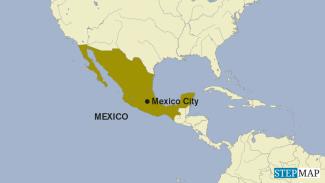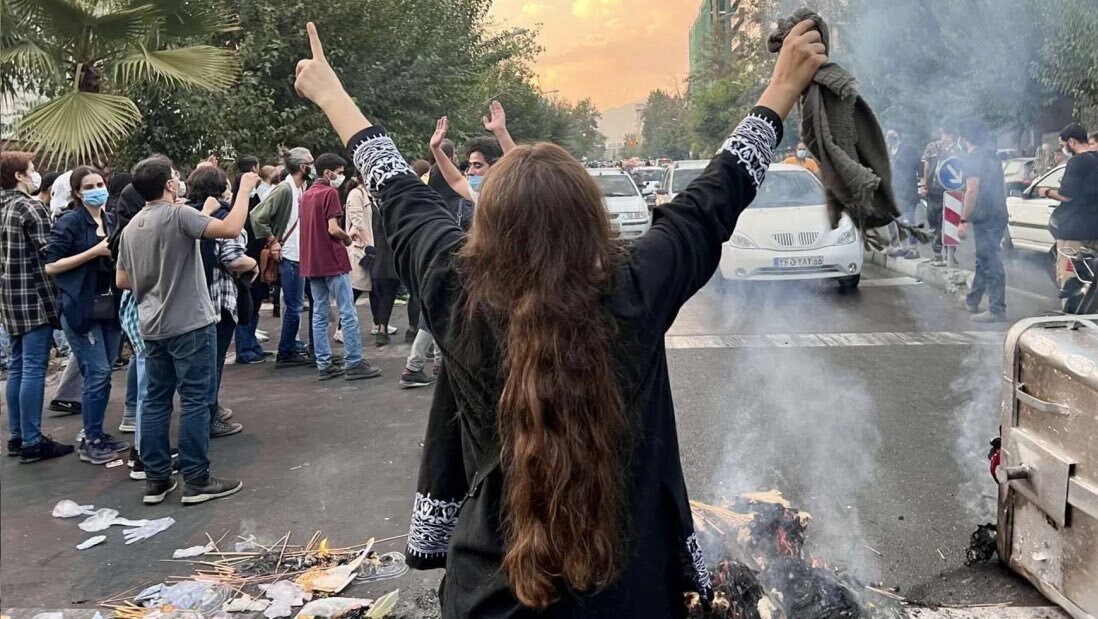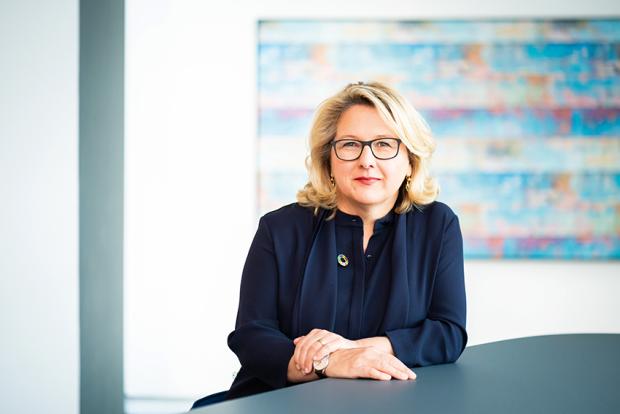KfW
KfW promotes energy-efficient new buildings in Mexico

The programme offers subsidised loans and grants that compensate building developers for the higher costs of energy-efficient technologies. Up-to-date insulation, reflective exterior paints, energy-efficient boilers or refrigerators, solar thermal systems, multi-paned windows and other technologies thus become more affordable. The resulting savings in electricity, gas and water consumption help to protect the climate and lower operating costs for owners or tenants.
The EcoCasa programme has shown significant results so far. By early 2020, it helped to enhance energy efficiency in more than 58,000 housing units in varying efficiency categories. On average, these dwellings have so far cut their energy consumption by around 25 % and carbon emissions by more than 30 % compared to comparable new buildings in Mexico. Projected over an assumed 40-year lifetime of the houses, EcoCasa will thus reduce carbon emissions by around 1.8 million tonnes.
EcoCasa’s mission involves a combination of climate protection and social benefits. Climate goals can only be achieved if sustainable housing is available to even disadvantaged communities. Therefore, EcoCasa covers state-subsidised housing and supports integrated urban development. As a result, parks, local commercial areas, schools, health centres, playgrounds and sports fields are included in the planning. This strengthens communities and enhances the quality of life in new neighbourhoods.
Nonetheless, some challenges associated with infrastructure projects remain. It is not always economically possible to maintain and sustainably operate a football pitch or community centre. Planning “green” buildings with sustainable building materials is one thing. Building capacity, training local tradespeople and sourcing good building materials locally, is an entirely different matter.











